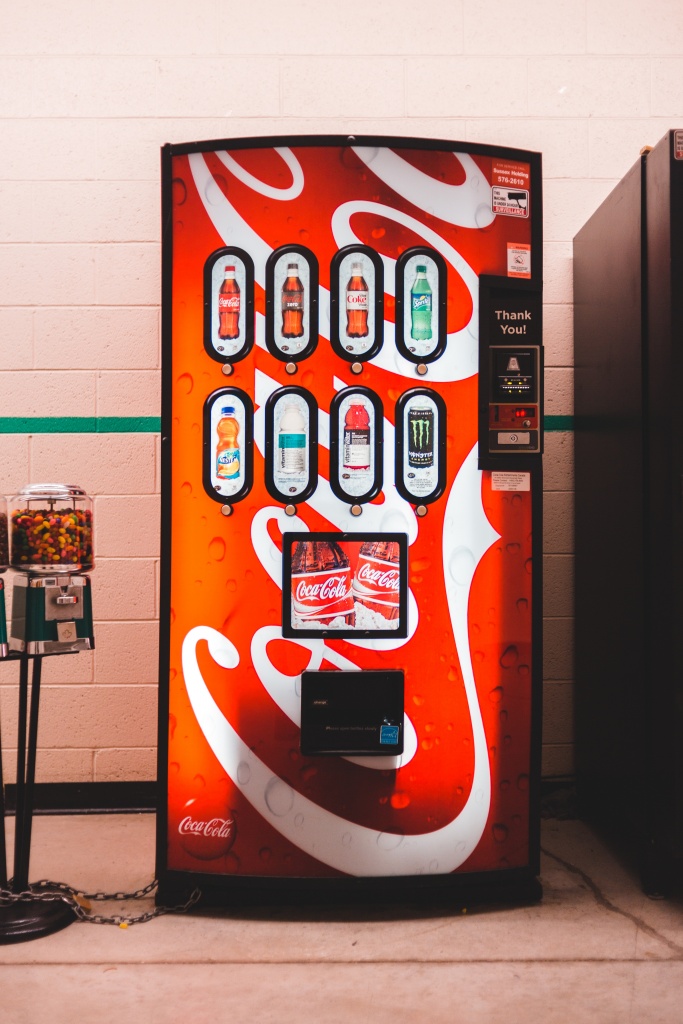What does ‘reinforcement’ mean?
Reinforcement does not necessarily mean reward. Rather, reinforcement is a consequence that follows a behaviour that makes the behaviour more likely to occur under the same circumstance in the future.
What does ‘intermittent’ mean?
Intermittent can be thought of as unpredictable. Intermittent means something is occurring at irregular or random intervals; i.e., not occurring continuously or steadily.
There can also be two kinds of reinforcement, positive and negative. Positive reinforcement is when something is added that increases the likelihood of the behaviour occurring in the future. Whereas negative reinforcement is when something is taken away or stopped that increases the likelihood of a behaviour occurring in the future.
Either of these reinforcements can be intermittently reinforced. For example, negative reinforcement could look like when a child kicks up a fuss and stops behaving nicely, and in order to make the tantrum stop, their caregiver says they don’t have to do their chores for today.
This is negative reinforcement since here something was taken away/stopped (i.e., the child no longer has to do their chores for the day), and this increases the likelihood of the behaviour (i.e., having a tantrum) occurring in the future since the child received a desirable outcome (i.e., getting out of doing their chores by having a meltdown).
What is intermittent reinforcement?

Intermittent reinforcement occurs in what’s referred to as the ABCs. This stands for Antecedent, Behaviour, and Consequence This can also be thought of as the Context in which the situation takes place, the Action that occurs, and the Result from this. Intermittent reinforcement occurs when the same action only gives you the result some of the time. In other words, intermittent reinforcement is when the same behaviour gives inconsistent results.
For example, remember the vending machine scenario we talked about previously? The context this took place in, was that you were hungry so you sought out a vending machine. The action that then occurred is that you put the money in the vending machine and pushed the button. The result was that either you always got your snack, or you sometimes did, depending on whether the vending machine was working properly.
Why are some behaviours harder to break?
Thinking back to our vending machine scenario, we know that if a behaviour is consistently reinforced—if you get a snack every time you put the money in the vending machine and push the button—but then it’s suddenly and repeatedly not reinforced any more—if you stop getting the snack from the vending machine after you’ve pushed the button—then that behaviour is going to stop pretty quickly. Because you’re most likely going to decide that it’s not worth pushing that button on the vending machine anymore.
But with intermittent reinforcement—if you only get the snack from the machine some of the time when you push the button—you’re most likely going to keep trying, or going to keep pushing the button for longer, or trying different things like shaking the machine to see if that will work.
Because here, you don’t know if this is the time when the machine will work. You know that the reward has to be just around the corner. It has to happen eventually.
This is why intermittent reinforcement can create behaviours that are harder to break. We all as humans do this, because it is nearly impossible to respond to behaviour in the exact same way every single time. For example, say every time you drive by McDonald’s your kids ask to stop to get food. Sometimes you say yes perhaps as a treat, and sometimes you say no if you have food at home.
This is a great example of intermittent behaviour because the action (the child asking for McDonald’s) is sometimes reinforced by the result (the parent saying yes and getting the food). Thus since this action is reinforced by getting the desired result some of the time—the same as if you get your snack from the vending machine only some of the time—this will encourage you to keep trying the action again, since you know the desired result has to happen eventually.
Sometimes the child does get the McDonald’s when they ask their parents. And even though we as parents understand they only get this some of the time as a treat, the child knows that sometimes when they ask they will get McDonalds they will get it, but they don’t know whether that is today…so we might as well find out by asking whenever we drive by.
So what can we as parents do?
Unfortunately, there is no one right answer or solution to this. But, here is some advice that could help:

Be aware of what you’re doing. Because knowing is half the battle. If you run into a problem behaviour or situation with your kids that keep coming up, it might be worthwhile to stop and reflect on whether your role in responding to the behaviour might actually be contributing to it in some way — may be making it worse or helping it to stick around. This is because self-reflection is the only way to produce a change. You can’t directly change your kids—no matter what we think, we just can’t. But we can change how we respond to them and how we interact with them, which can then nudge them down their own path of behavioural change, whether they’re aware of it or not. Thus, reflecting on your part can foster a change in your own behaviour, which can then help your kids make their own changes. For example, if you know that your kids are going to ask for McDonald’s when you drive by it later today, but you know you’re not stopping there since you have already made dinner, you can address this by having a conversation with them before the car ride, stating today is not a McDonald’s day. This way, this will decrease the likelihood of them performing the action of asking when driving by since they already know the result they’ll receive.
Pick your battles. Being strict and stringent with every little thing our kids do is neither possible nor pleasant, and letting your child get away with everything they want is only setting you up for problems down the road. So instead, we need to find out what matters to us. What situations are worth sticking to our guns, and when should we let things go. Knowing the difference can keep you from either making empty threats or breaking promises. This is actually a good time to sit down with your co-parent if you have one and think about what type of parenting style you both want to have. Who do you want to be as a parent? What’s going to be held as a value to your family consistently? It’s through this self-reflection, this active determination of what you want to stand for as a parent and as a family, that can give you clarity in the day-to-day joyful messiness of parenting.
References
Intermittent Reinforcement–The One Mistake Every Parent Makes



